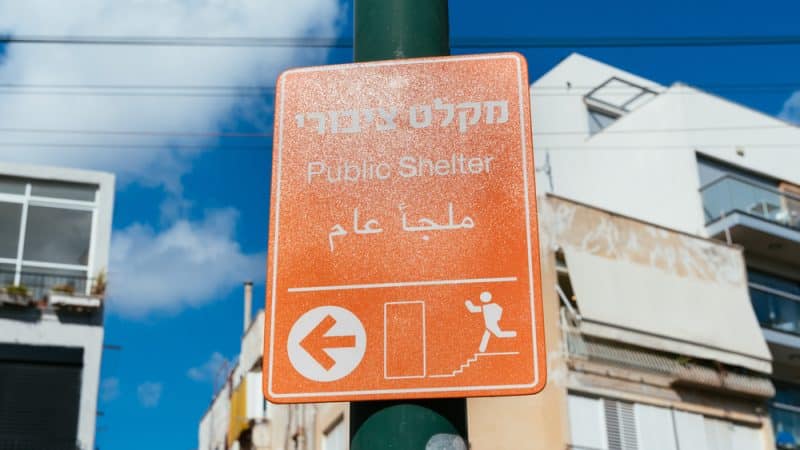Coalition Hangs in the Balance as Knesset Reopens

On Monday, the Knesset begins its summer session with the government of Prime Minister Naftali Bennett fighting for survival, after it lost its majority in the recess and the opposition trying its level best to bring it down. On April 6th, Yamina MK Idit Silman, the former whip, decided to defect and this sparked a crisis for the coalition. Her departure meant that the one-seat majority of the diverse coalition comprising of eight parties does not exist anymore. Now, the Parliament is in a deadlock, as both the opposition and the coalition have 60 seats each out of the total 120.
The loss got worse for the coalition because the Ra’am party decided to freeze their membership in the coalition in the face of tensions occurring on the Temple Mount in Jerusalem. The Islamist Arab party itself is facing pressure from its own members, as they are unsure of whether the leader, Mansour Abbas should continue to participate in Israeli politics, or if they should return to the opposition and cut their losses. If Ra’am decides to do the latter, the government will end up in a minority because it will lose four seats. This has presented an excellent opportunity to the opposition for bringing down the government and they fully intend to take advantage.
The heads of the opposition party met on Sunday at the Tel Aviv headquarters of Likud and agreed to continue their fight of toppling the government. According to a statement, the government is illegitimate because it has lost its majority in the Knesset. On Monday, the opposition intends to bring forth a vote of no confidence. But, this will mostly be symbolic and is only going to embarrass the government and slow down the legislative process of the coalition. Reports indicate that the opposition is also considering introducing a bill on Wednesday for dispersing the government, when they can submit private bills.
A law is needed to disperse the Knesset if there is no exigent trigger. If the Likud party puts it forward as a non-government bill on Wednesday and it moves forward after a preliminary reading, it does not mean that the government will dissolve automatically. A first, second and third vote would have to be cleared in future sessions. However, there are risks for the opposition if they decide to put the bill forward. If it does not get the majority votes in its preliminary readings, the opposition will not be able to bring the bill forward again for six months, depriving them of a major weapon against the government.
A total of 61 votes are needed to disperse the Knesset in the third and last reading, which means that the opposition would have to find another defector. It hasn’t been able to do so for now. It also remains unclear whether the Arab Joint List party of the opposition, which holds six seats, will also participate in the vote. Reports indicate that the opposition has made several attempts to find another defector, but have failed to secure one so far.



